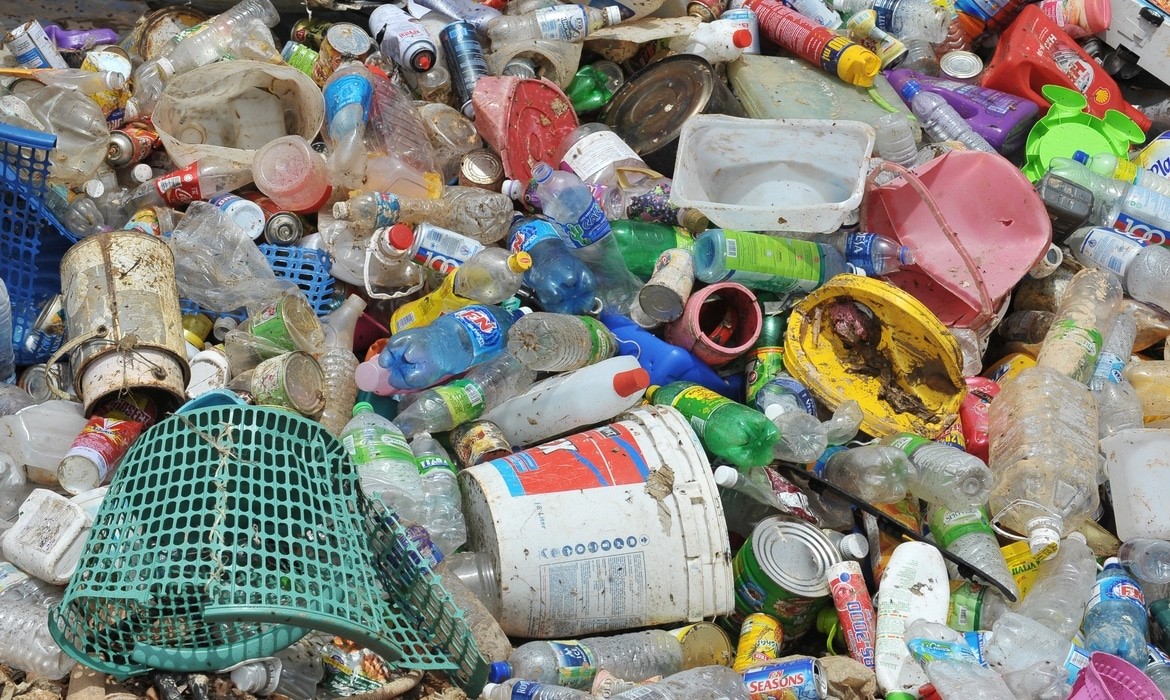
Enzyme breaks down PET plastic in record time
Plastic bottles, punnets, wrap—lightweight packaging made of PET plastic becomes a problem if it is not recycled.
Biological PET recycling has some advantages compared to conventional recycling methods, which rely primarily on thermal processes where the plastic waste is melted down at high temperatures.
Scientists have now discovered a highly efficient enzyme that degrades PET in record time. The enzyme PHL7, which the researchers found in a compost heap, could make biological PET recycling possible much faster than previously thought.
These processes are highly energy-intensive and the quality of the plastic decreases with each recycling cycle. Enzymes, on the other hand, only require an aqueous environment and a temperature of 65 to 70 degrees Celsius for their work. Another plus is the fact that they break down the PET into its components terephthalic acid and ethylene glycol, which can then be reused to produce new PET—resulting in a closed cycle.
The biocatalyst now developed has been shown to be highly effective in the rapid decomposition of used PET food packaging and is suitable for use in an environmentally friendly recycling process in which new plastic can be produced from the decomposition products.
 English
English Arabic
Arabic


